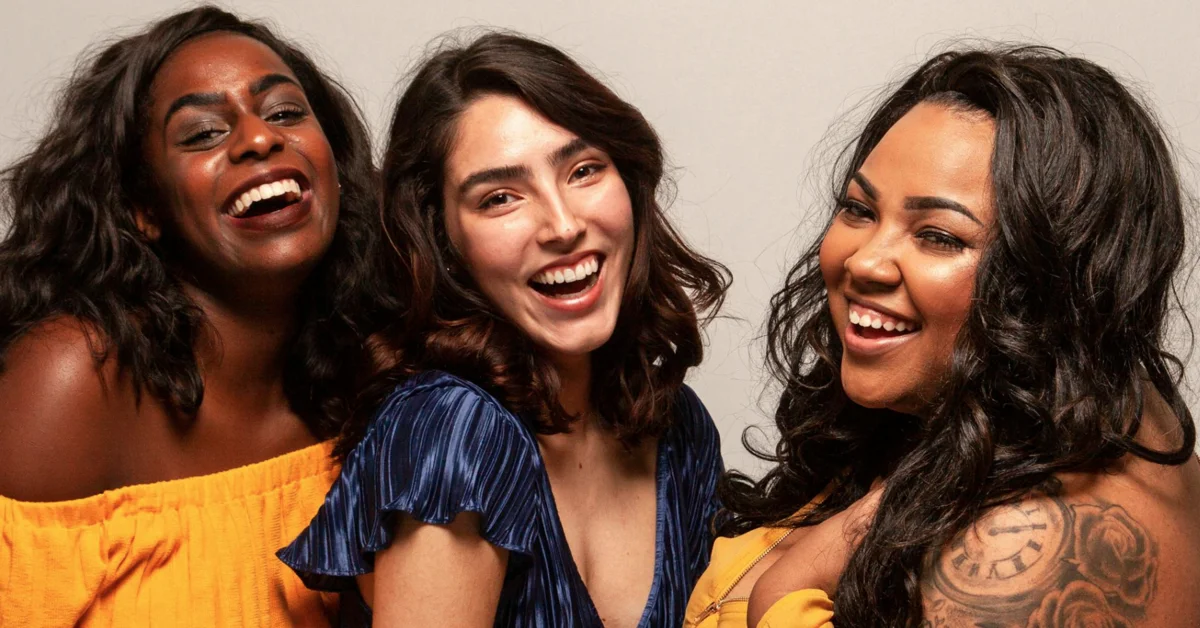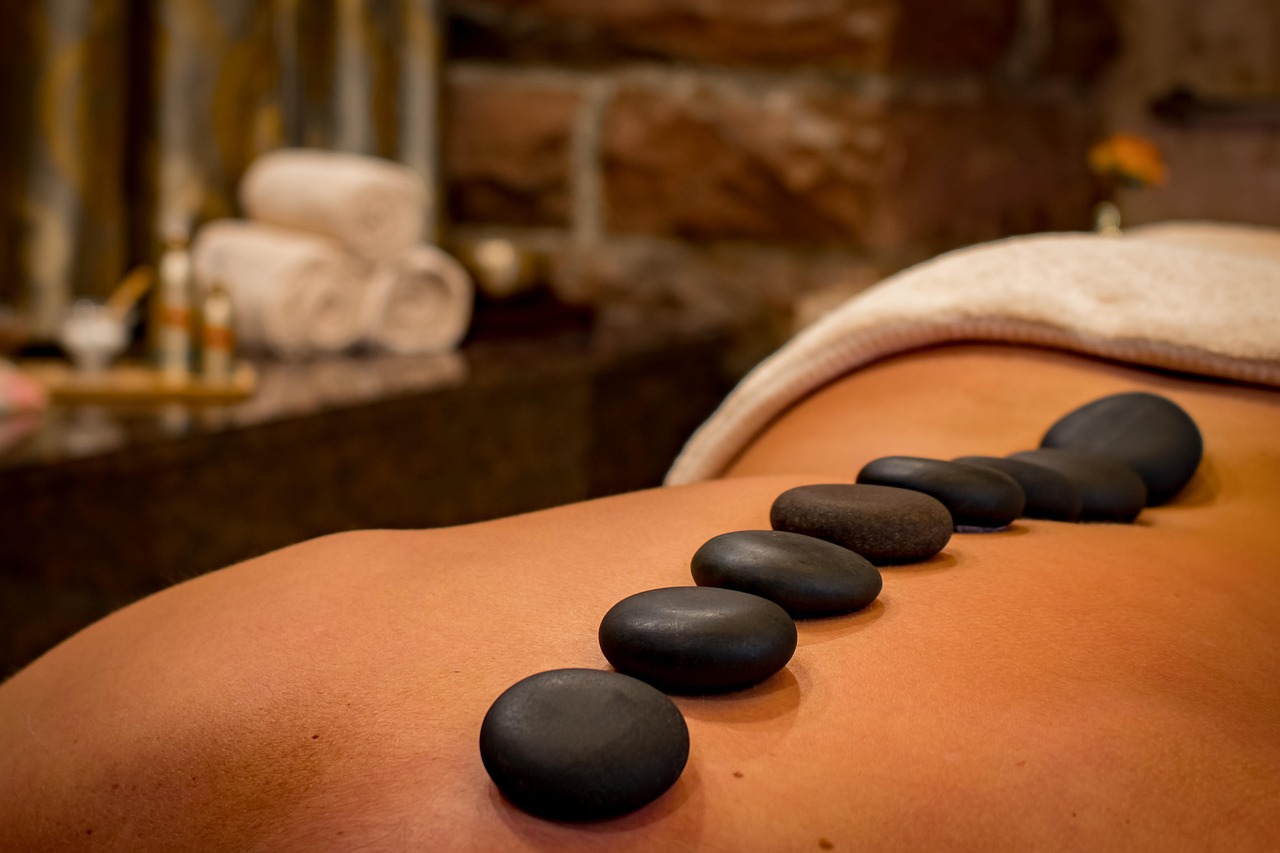Historically, conversations about menstruation and period products have been primarily centered around cisgender women and categorized as part of “women’s health.” However, cisgender women—those whose gender identity aligns with their assigned sex at birth—aren’t the only ones who menstruate or require menstrual health care.
As society becomes more aware of the gender spectrum, the traditional notion that only women experience menstruation is outdated and exclusionary.

What Is Inclusive Language?
Inclusive language refers to words and phrases that focus on individuals without reinforcing stereotypes or biases related to gender, race, sexual orientation, or disability.
Examples of General Gender-Inclusive Language:
- Use “folks” or “people” instead of “ladies and gentlemen”
- Replace “brothers” or “sisters” with “siblings”
- Say “partner” instead of “boyfriend” or “girlfriend”
- Use “spouse” in place of “husband” or “wife”
- Refer to “child” instead of “son” or “daughter”
- Use “niblings” to replace “nieces” or “nephews”
Why Inclusive Language Matters in Menstrual Health
Diversity is increasing globally, and viewing menstruation in binary terms is no longer sufficient. Not everyone who menstruates identifies as a woman, and not all women menstruate. Some individuals, such as non-binary, gender-fluid, intersex, and transgender people, may also experience menstruation and require period-related care.
Not Everyone Who Menstruates Identifies as a Woman
Exclusively referring to women in menstrual discussions ignores the fact that many individuals who menstruate do not fit within the traditional gender binary. This includes non-binary people, trans men, and others who need access to menstrual health care.

Not All Women Menstruate
Similarly, not every woman experiences menstruation. Trans women, post-menopausal individuals, or those who have had a hysterectomy may not menstruate, yet they still identify as women.
Assuming all women menstruate can be just as harmful as assuming only women menstruate. Menstruation is not a measure of femininity, and this stereotype can alienate women who do not have periods.
Additionally, labeling period products like pads and tampons as “feminine products” perpetuates the stereotype that menstruation is inherently feminine, excluding many who menstruate.
How Can We Adopt More Inclusive Language?
A slight adjustment in the language we use can go a long way toward fostering inclusive and safe environments for everyone. For example, public spaces are increasingly removing gendered terms from restroom signs, opting for “restroom” over “men’s” or “women’s room.” Similarly, referring to service staff as “servers” instead of “waitress” or “waiter” helps create gender neutrality.
Gender-Inclusive Language in Menstrual Conversations
- Use “people who menstruate” or “menstruators” instead of “women” or “girls.”
- Refer to “menstrual products” instead of “feminine hygiene products.”
- Say “period pads” instead of “feminine pads.”
- Use “intimate wash” in place of “feminine wash.”
- Replace “women’s health” with “menstrual, sexual, or reproductive health.”
I’ve long supported using the term “menstrual health” and believe it’s time to retire the stigma-laden phrase “feminine hygiene.”
Simple Changes for Greater Inclusion
Incorporating gender-neutral language into daily conversations is a great first step. Replace “she” or “he” with “they” or “them” where appropriate, and avoid making assumptions about someone’s gender based on their appearance. If you’re unsure, feel comfortable asking for someone’s preferred pronouns—and share your own if you’d like.
Inclusive brands like Period Aisle and Lunette are making strides by using gender-neutral language and featuring trans and non-binary people in their marketing. While the movement for inclusivity is growing, there’s still more progress to be made.
In a world where transgender individuals face disproportionate violence, making small but meaningful changes in how we speak can help create a safer and more welcoming environment for everyone.





